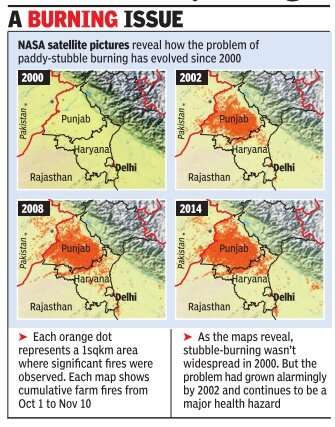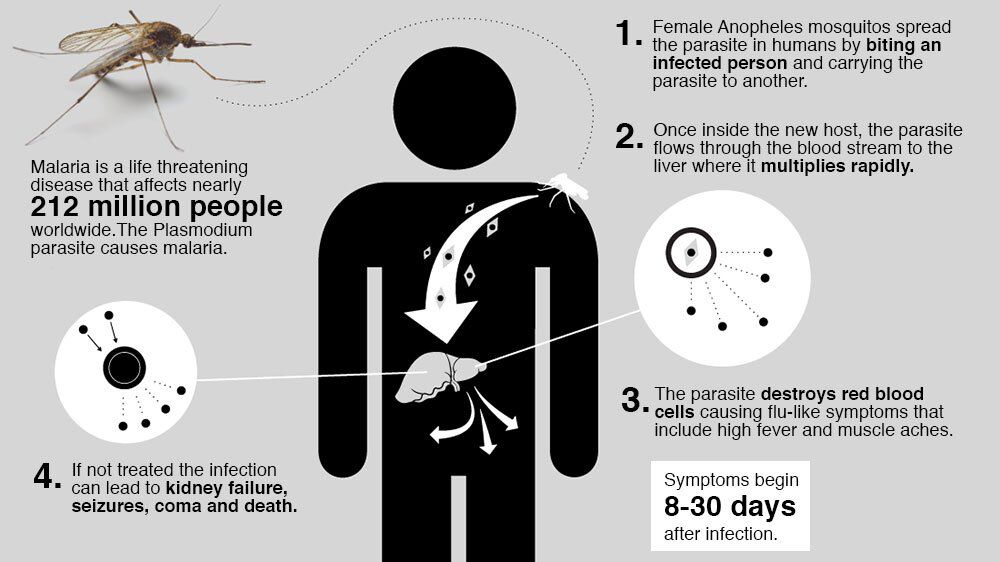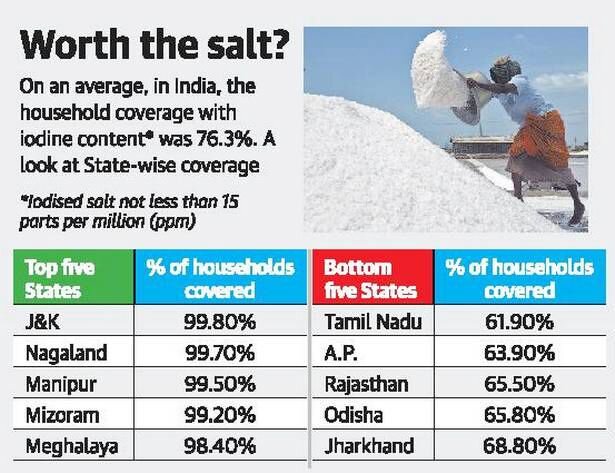Biodiversity & Environment
Augmenting Nature by Green Affordable New-habitat
Recently, an international conference on Augmenting Nature by Green Affordable New-habitat (ANGAN ) commenced in New Delhi.
- The conference focuses primarily on achieving Energy Efficiency in the building sector.
- It is being organized by the Bureau of Energy Efficiency (BEE), Ministry of Power in collaboration with GIZ under the Indo German Technical Cooperation initiative.
- Experts and policymakers from around 16 countries are participating in this event.
Key Highlights
- The conference aims to identify economically viable alternatives and technologies in the field of design and construction of energy-efficient commercial and residential buildings.
- It is estimated that an investment of Rs. 2000 billion in Building energy efficiency activities would lead to a cumulative savings of 388 billion units of electricity for the next ten years.
- Apart from energy savings, the emphasis will also be given to other resources like water and other materials that can be saved in the building sector.
- In India, buildings have become an important component of our integrated energy policy. The formidable challenges this sector poses during policy formulation includes:
- Providing adequate energy of desired quality to the consumers,
- Reasonable costs to the consumers,
- Improved efficiency for the suppliers, etc.
Bureau of Energy Efficiency (BEE)
- It is a statutory body under the Ministry of Power.
- BEE assists in developing policies and strategies with the primary objective of reducing the energy inefficiency of the Indian economy.
- BEE in 2007 launched the Energy Conservation Building Code (ECBC) to set energy efficiency standards for the design and construction of buildings, as a first step towards promoting energy efficiency in the building sector.
Deutsche Gesellschaft für Internationale Zusammenarbeit (GIZ)
- It is a German development agency.
- The thematic areas of GIZ in India are:
- Renewable Energy & energy efficiency
- Environment, Climate Change, and Biodiversity
- Sustainable Urban and Industrial Development
- Sustainable Economic Development
Biodiversity & Environment
National Conference on Crop Residue Management
Recently, National Conference on Crop Residue Management was held for the farmers from the states of Punjab, Haryana, Uttar Pradesh & Delhi.
- The conference was organized by the Ministry of Agriculture and Farmers Welfare in collaboration with Indian Council of Agricultural Research (ICAR) in order to address concerns of farmers and State Governments.
- The straw burning incidents in 2018 have reduced by 15% and 41% as compared to that in 2017 and 2016 respectively.
- The conference has proposed to intensify In-Situ Management of Crop Residue to stop the straw burning.
- The multilingual Mobile App “Custom Hiring Centre (CHC) Farm Machinery” has also been launched for the farmers.
- Custom Hiring Centre (CHC) Farm Machinery Mobile App: It will connect the farmers with Custom Hiring Service Centres in their area.
Indian Council of Agricultural Research (ICAR)
- It is an autonomous body responsible for coordinating agricultural education and research in India.
- It reports to the Department of Agricultural Research and Education, Ministry of Agriculture and Farmers Welfare.
- The Union Minister of Agriculture serves as its president.
- It is the largest network of agricultural research and education institutes in the world.
Social Justice
The Lancet on Malaria eradication
According to a report by The Lancet on Malaria eradication held that with the right strategies and sufficient funding, it is possible to eradicate malaria as early as 2050.
- It is noted that since 2000, global malaria incidence and death rates declined by 36% and 60 % respectively.
- Today, more than half of the world’s countries are malaria-free.
- However, malaria cases are rising in 55 countries in Africa, Asia and Latin America.
- There is also inequity, with 29 countries (27 in Africa) accounting for the large majority of new cases and 85% of global deaths in 2017. On the other hand, 38 countries had incidences of fewer than ten cases per 1,000 population in 2017 and reported just 5% of total malaria deaths.
- The report identifies three ways to accelerate the decline in malaria cases.
- Improve implementation of malaria control programmes globally.
- Develop and roll out innovative new tools to overcome the biological challenges to eradication.
- Malaria-endemic countries must be provided with the financial investment to fight malaria.
Malaria
- Malaria is caused by Plasmodium parasites.
- The parasites are spread to people through the bites of infected female Anopheles mosquitoes, called "malaria vectors",
- World Malaria Day is observed on 25th April.
- It can be noted that WHO officially endorses disease-specific global awareness days for only four diseases viz. HIV-AIDS, TB, Malaria, and Hepatitis.
Important Facts For Prelims
Iodized Salt Coverage in India
According to a national survey to measure the coverage of iodized salt, Tamil Nadu had the lowest consumption of iodized salt.
- The survey was conducted by Nutrition International (a not for profit agency based in Canada) in collaboration with the All India Institute of Medical Sciences (AIIMS) and the Indian Coalition for the Control of Iodine Deficiency Disorders (ICCIDD).
- It was first of its kind, pan India survey that tested the iodine content in samples of cooking salt from households.
Key Findings
- The survey covered a total of 21,406 households across India.
- The study shows that 76.3% of Indian households consumed adequately iodized salt, (which is salt with at least 15 parts per million of iodine).
- The five worst performers were Tamil Nadu (61.9%), Andhra Pradesh (63.9%), Rajasthan (65.5%), Odisha (65.8%) and Jharkhand (68.8%).
- The North-Eastern states were doing well with respect to the consumption of iodized salt as compared to the rest of India.
- The key recommendation of the study was to sustain the momentum so that iodine coverage does not fall below current levels.
- It also recommended that the States and the Centre need to work together to address the current gaps and look into issues that vary from one state to another, in order to produce adequately iodized salt.
Iodine
- Iodine is a vital micro-nutrient for the optimal mental and physical development of human beings.
- Deficiency of iodine can result in a range of disabilities and disorders such as goitre, hypothyroidism, cretinism, abortion, still-births, mental retardation, and psychomotor defects (defects in which there is a slow down in thought process and a reduction of physical movements in an individual).
- In 1992, India made fortification of salt with iodine mandatory, for direct human consumption.
- In 2011, the Supreme Court also mandated universal iodization for the control of iodine deficiencies.
- A recent initiative in this regard named Jeevan Bindi (an iodine patch designed like a regular bindi) was started to help one lakh tribal women in north-west Maharashtra battle iodine deficiency as these tribals did not consume iodized salt.
International Relations
7th Regional Comprehensive Economic Partnership (RCEP) Ministerial Meeting
Recently, the 7th Regional Comprehensive Economic Partnership (RCEP) Ministerial Meeting was held in Bangkok to review developments in the RCEP negotiations.
- The trade deal is being negotiated by the 10-members from ASEAN group with their six free trade pact partners namely Australia, China, India, Japan, South Korea, and New Zealand.
- Once implemented, it would result in one of the largest free trade bloc accounting for 45% of the world's population, and a combined GDP of about $21.3 trillion and 40% of the world trade.
- About 25 rounds of talks have been concluded so far but the members are yet to finalise the number of goods on which customs duty will be eliminated.
- Issues related Service sector are also to be finalised as India is demanding greater flexibility to promote trade in services among RCEP Countries.
Important Facts For Prelims
Sixth India-China Strategic Economic Dialogue
Recently, the sixth India-China Strategic Economic Dialogue (SED) was held in New Delhi.
- Under the aegis of the SED, representatives of various economic sectors deliberate for enabling ease of doing business and facilitating bilateral trade and investment flows.
- During SED, discussions were held on infrastructure, energy, resource conservation and policy coordination.
- The two sides also exchanged views on regulatory procedures of ease of doing business, development of artificial intelligence, high-tech manufacturing, and next-generation mobile communications of both countries.
Background
- SED was set up by the agreement between erstwhile Planning Commission of India and the National Development and Reform Commission (NDRC), China during the visit of Chinese Prime Minister Wen Jiabao to India in December 2010.
- Since then SED has emerged as a crucial mechanism to facilitate bilateral trade and investment flows and enhance economic cooperation.
SED is significant because the bilateral trade between India and China stood at $87 billion in 2018-19 and the trade deficit stood at $50 billion in favour of China.






